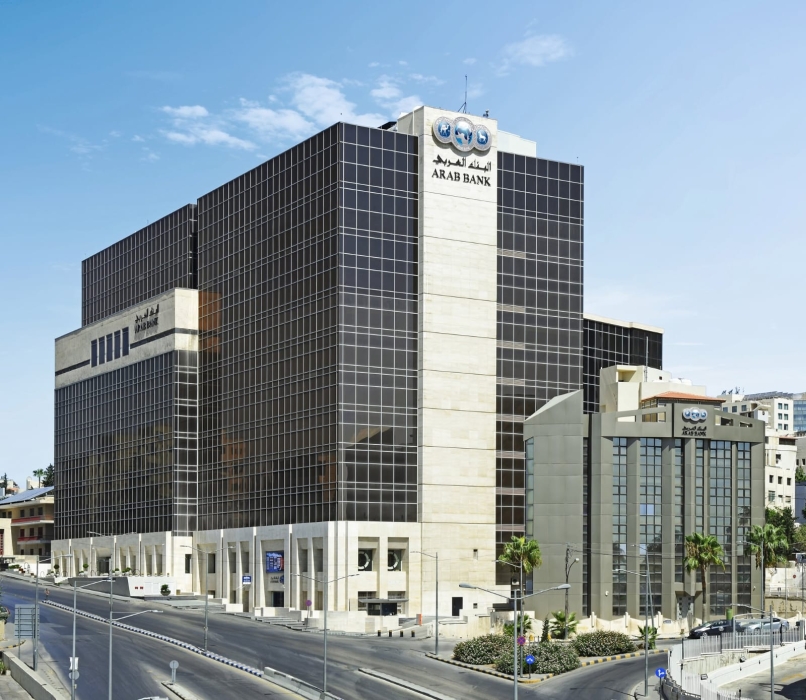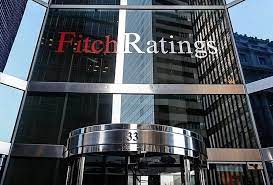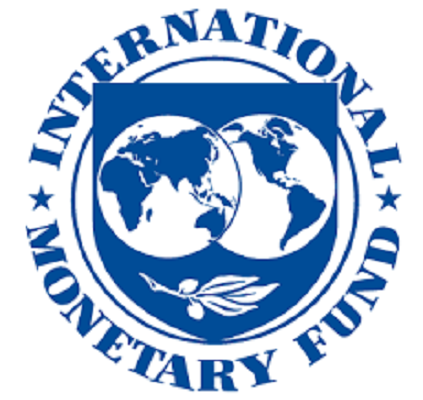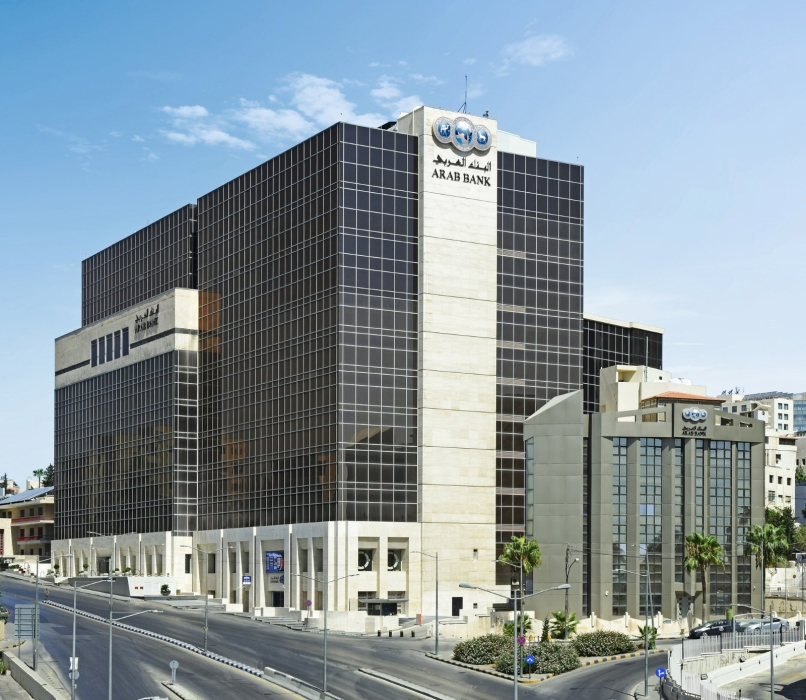Economists: The Euro Crisis Supports Foreign Reserves and Lowers the Kingdom's Trade Imbalance
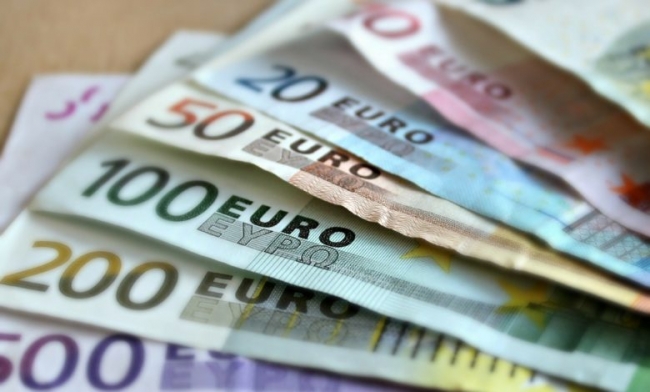
Al-Anbat -
Al-Anbat- MAYS ALSHAWABKEH
Economic experts emphasized that as the EU nations are a significant trading partner of the Kingdom, the decline in the euro's value relative to the dollar has beneficial effects on the national economy.
They stated to the Jordanian news agency Petra that a drop in the euro's exchange rate would help the Kingdom's trade imbalance with EU nations and increase foreign currency reserves held by the Central Bank of Jordan.
Additionally, the fall would have a direct impact on Jordan's import bill, the price of commodities from EU nations, the debt balance, and the cost of repaying the Kingdom's non-dollar external debt. According to statistics data, commerce between Jordan and the EU countries was over 1.029 billion dinars in the first three months of this year, while the Kingdom's trade balance deficit with the EU countries was roughly 849 million dinars during the same time. In the first third of the current year, the Kingdom imported goods from nations that make up the European Union for around 939 million dinars, while it exported 90 million dinars to Europe.
According to Ali Murad, president of The Jordan Europe Business Association (JEBA), the euro's 20% decline over the first half of this year will have an effect on Jordan's trade balance with EU nations as well as imports from the continent.
He stated that this fall would have an impact on the pricing of items bought from the eurozone by lowering the cost of Jordanian imports from Europe, and he anticipated that this decline would have a favorable impact on the trade balance.
Since Jordan operates under a partnership agreement with the member states of the European Union, Murad asserts that the costs of goods and materials imported from Europe will decrease due to the decline in the value of the European currency. This will boost the competitiveness of European goods in Jordan. The Jordanian dinar is connected to the dollar, which has recently increased, adding to the devaluation of the Kingdom's imports from the European Union, according to Dr. Iyad Abu Haltam, vice chairman of the board of the Eastern Amman Industrial Investors Association.
He added that the volume of trade between Jordan and EU countries exceeded 3.2 billion dinars over the past year, explaining that the increase in the value of the Kingdom's imports from the Union was the result of a rise in the exchange rate of the euro currency, but today fell, indicating a decrease in the value of imports from the EU countries. Abu Haltam emphasized that one of the Kingdom's most significant imports from European Union nations is engines, equipment, machinery, autos, medicines, chemicals, and electrical gadgets, defining imports as either a production input or a fully completed device.
He made the point that the import of finished goods has a local alternative, the lack of tariffs on them, and the depreciation of the euro will negatively impact the competitiveness of locally manufactured items, while importing production inputs will lower their value. The most significant production inputs are largely chemicals, certain food additives, basic food commodities like cocoa butter and chocolate, some canned foodstuffs, and portfolios will therefore be sluggish. He underlined that a decrease in production inputs may be used to offset the passivity of the completed good with a local alternative and imported from the eurozone. Explaining that many fully made items are imported from Far Eastern nations, particularly from China, where more than 40% are imported, however imported commodities from the EU as finished goods could have a detrimental impact on the competitiveness of locally manufactured goods.
Firas Sultan, the Representative of the Financial and Banking Sector for the Jordan Chamber of Commerce, emphasized that a drop in the euro-to-dollar exchange rate would help Jordan's foreign exchange reserves and reduce the country's trade imbalance with Europe. Sultan foresaw that the euro's collapse against the dollar would have a favorable impact on the trade balance with the European Union and lower the value of import expenses, directly reflecting the strengthening of the foreign reserves of the Central Bank of Jordan and the reduction of the trade deficit with the European Union under the current conditions of the world economy, as well as the growing prices of international goods and freight charges for imports.
Considering the direct relationship between the dinar and the euro, he pointed out that the euro's depreciation would benefit Jordan by lowering the cost of import and lowering the price of the product. He also anticipated that the decrease in foreign currencies against the dollar would contribute to the decline in the value of Jordan's debt balance and the cost of non-dollar foreign repayment.
He emphasized that Jordan would benefit from a country's currency rate being lower than that of the dinar, particularly if that country exports items that Jordan would need to import, such as vehicles, livestock, and wood, from the EU.
For his part, financial expert and banker Jamal Freiz claimed that the decline in the value of the euro has a favorable effect on the balance of trade because Europe has long been a significant commercial partner of Jordan. He emphasized that the Kingdom imports more from EU nations than it exports, which lowers import bills and the cost of goods and raw materials to industry. This prevents the outflow of foreign currency through a decrease in the euro, which is a good sign for the trade balance. Defining how the value of European aid would decline in comparison to its dinar counterpart, having a negative impact on the trade balance but being logically and simply justified given that it was a simple ratio compared to the enormous imports from Europe. Pointing out that Jordan would gain from a decrease in its import cost, as well as an improvement in export competitiveness despite growing global commodity prices in Europe. Jordanian goods were still acceptable because they were only slightly more expensive than other global commodities.


